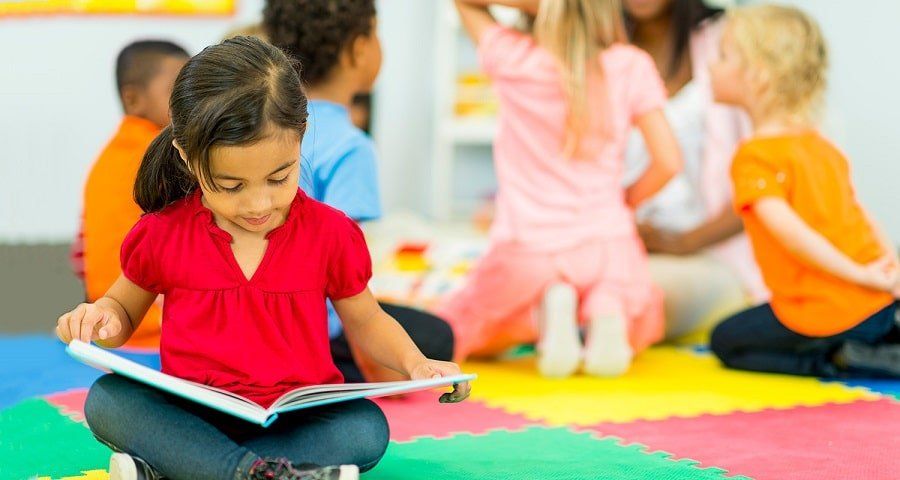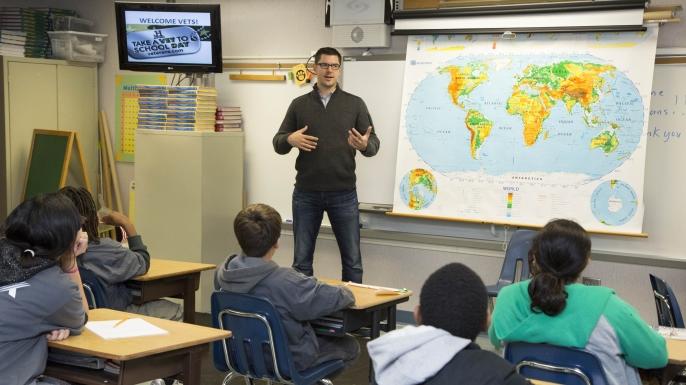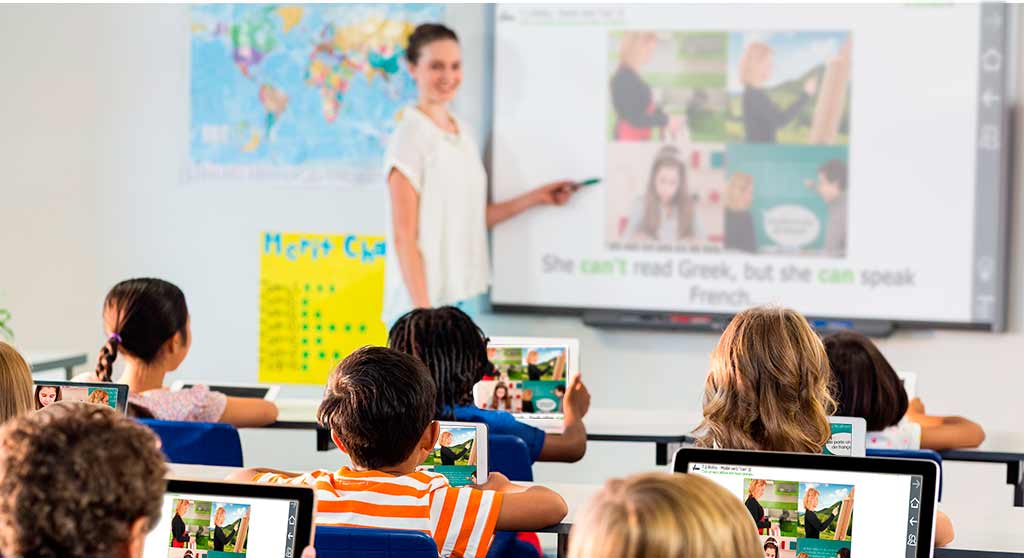How field trips enhance learning in school children
- By James Alex
- •
- 14 Mar, 2019
- •
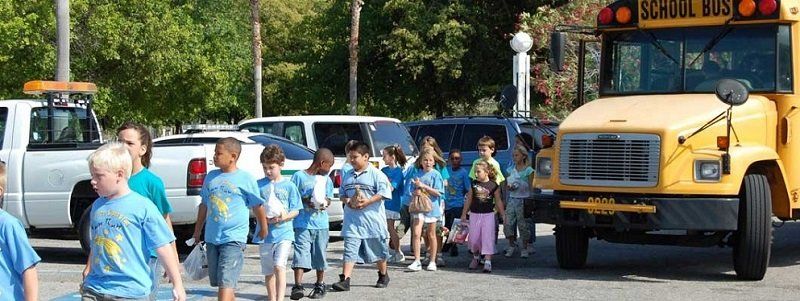
The importance of field trips in education has been argued about for the longest time. Although most people believe them to be a waste of time and resources, most teachers and schools believe they can turn around classroom teaching enriching the classroom in the most positive way.
Depending upon the class curriculum the school trips could include an excursion to a wildlife reserve, a botanical garden, even the space station. An out of class experience in itself is very exciting for the students, and they try to be on their best behaviors as the day progresses.
Having realized the importance of extracurricular activities such as field trips and fun fairs and inter-class competition, most schools include educational trips in their yearly plans.
American curriculum schools in Dubai and the UAE, merge extracurricular activities such as field trips with the curriculum coursework in an attempt to keep the students tuned to whatever is being taught.
Encourage learning
Field trips to museums and similar locations are rich in multimedia experiences. The learning associated with these experiences is made stronger by intellectual and sensory inputs. Classrooms do not possess the attributes required for children to remain glued to what is being taught.
For example, students would understand and learn more about the spaceship that took the first man to the moon if they visit the NASA headquarters. Similarly, any historical event would be better understood by the students if the environment is relevant.
Helps understand culture variance
Allowing the children to expose themselves to different cultures has been seen to enhance the understanding and learning of children. As they are exposed to new environments, they’re perspective changes. Something that is impossible in classroom learning.
Encourages teamwork
Educational field trips are an ideal way to break up the usual teams and get them to work in bigger groups to perform certain activities and tasks. Not only do students learn when on these trips but they also make get along with people they usually wouldn’t get along with.
Reinforce classroom lessons
Field trips help reinforce classroom lessons. Students usually find classes boring. Taking students out to field trips to reinforce whatever is being learned in the classroom tends to spark their interest, helping them understand better.
Allow socializing
The excitement of the children before the trip and throughout the session is many times more than that of a lesson they'd take in classrooms, and the commute is a good way for them to socialize and have fun.
Allow learning through fun
Lessons should be interest-driven and not curriculum or interest is driven- And that’s what field trips are all about! Children enjoy the activity associated with the lesson, and in the process learn what’s being taught.
For example, most museums and other venues for field trips are designed to instill curiosity among student visitors and to engage the audience. Both of these factors contribute greatly towards student learning.
Conclusion
Learning through field trips and other extracurricular activities may be frowned upon by conventional school administrations considering them to be a waste of school resources. The American curriculum also focuses on extracurricular activities.
Numerous schools like the American curriculum schools in Dubai and the UAE focus on extracurricular activities, gelled in with coursework to enhance learning. Numerous schools all over the world include field trips in their coursework, lasting several days in an attempt to impart practical, hands-on knowledge.
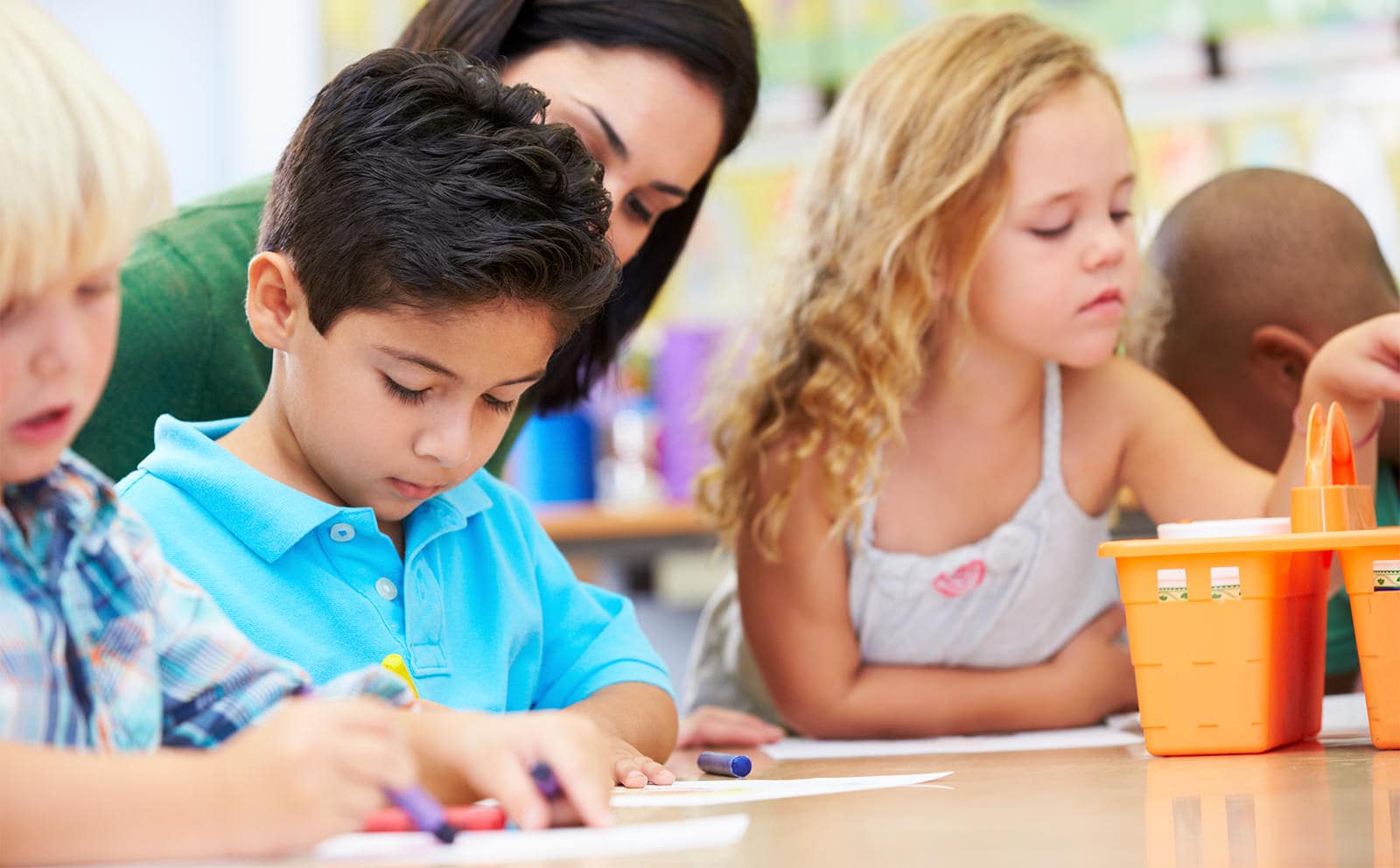
Early years of the life of any child, play an important role in his/her personality development. There is no doubt that education plays a crucial part in this development. The primary education plays the role of first brick, which should be set perfectly to avoid problems later on.
Schools have a great responsibility of providing quality education and develop the personality of children according to the modern footprint of society. The United States is enjoying the status of a superpower in the world, due to its competent workforce, which was trained efficiently in schools.
Other countries of the world are trying to follow the footsteps and introducing the same curriculum and qualities as American schools. UAE is no exception, as American primary schools in Dubaiare working efficiently in the personality development of children.

